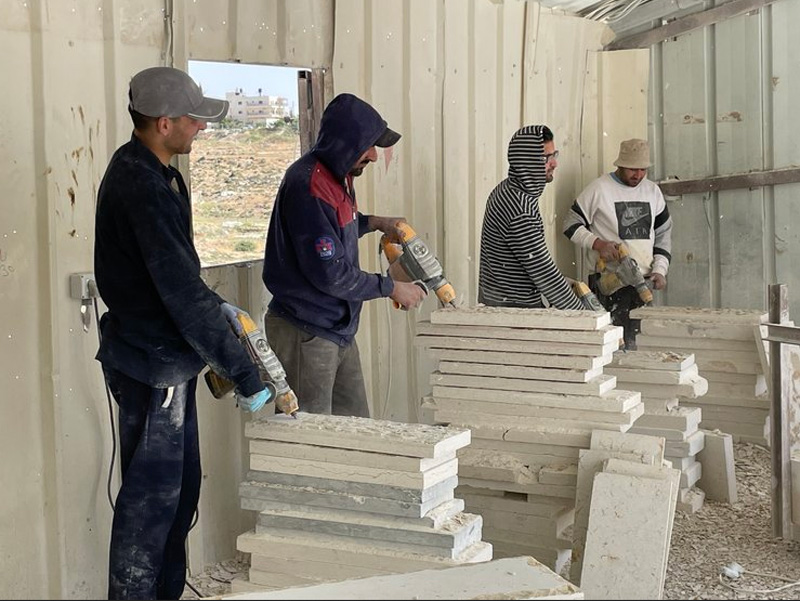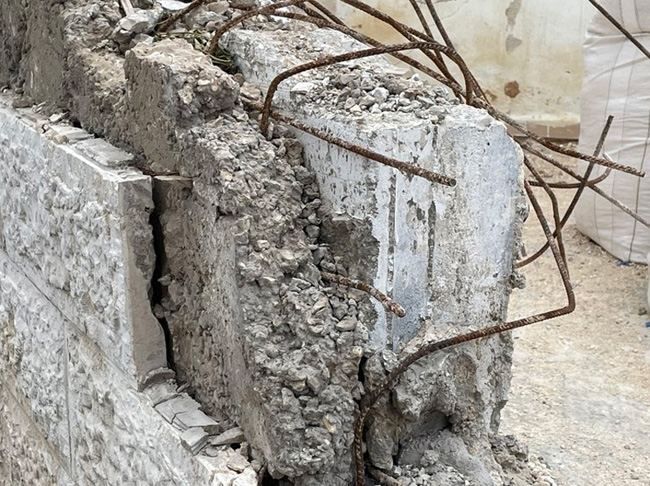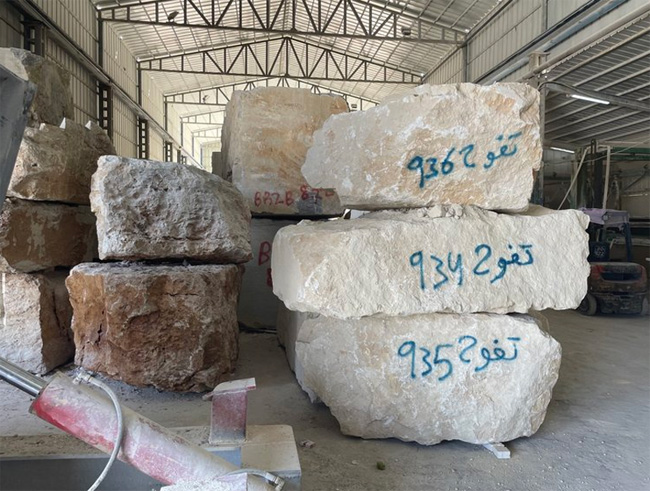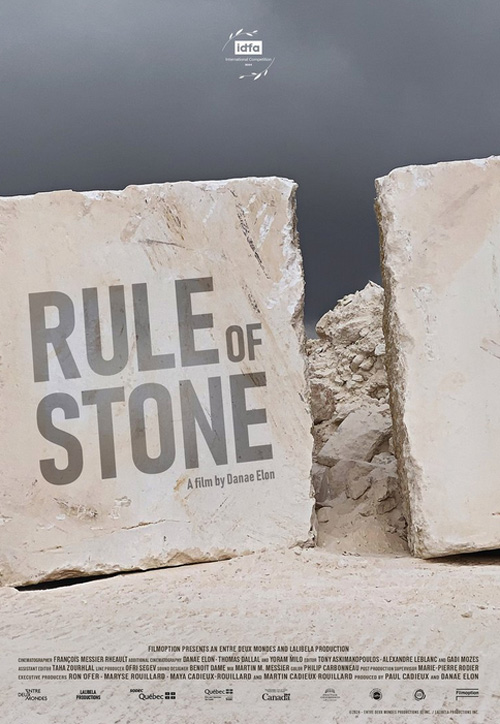Rule of Stone
-
Réalisé par Danae Elon • Écrit par Danae Elon
-
Canada, Israël • 2024 • 86 minutes • Couleur
- Réalisation :
Danae Elon - Écriture :
Danae Elon - Image :
François Messier-Rheault - Son :
Martin Cadieux-Rouillard, Tully Chen, Omer Schuster - Montage :
Tony Asimakopoulos, Alexandre Leblanc, Gadi Mozes - Voix off :
Danae Elon - Sound design :
Benoît Dame
- Production (personne) :
Ron Ofer, Maryse Rouillard, Maya Cadieux-Rouillard, Martin Cadieux-Rouillard, Paul Cadieux, Danae Elon - Production (structure) :
Entre Deux Mondes - Coproduction :
Filmoption International, Ron Ofer Films - Ayant droit :
Filmoption International
- N° ISAN :
non renseigné
Résumé
"Installée à Montréal depuis plusieurs années, Danae Elon développe une œuvre cinématographique très personnelle dans laquelle elle explore la complexité de son rapport avec son pays d'origine, Israël. Dans Rule of Stone, elle questionne le rôle et l’impact d'une loi héritée de la colonisation britannique selon laquelle les bâtiments de Jérusalem doivent être construits avec la pierre extraite de ce territoire. À travers cette réflexion nourrie d'archives et d'entrevues révélatrices, notamment avec l’architecte Moshe Safdie, elle pose un regard critique sur le projet de développement de cette ville suivant la guerre des Six Jours et la Naksa, en 1967. Soulignant l’effacement de l’histoire palestinienne et l'exclusion graduelle de ce peuple, ce film révèle les contrastes et les violences souvent invisibilisées de ses constructions et leur architecture. Narré ponctuellement par la cinéaste, ce film donne à réfléchir sur la responsabilité individuelle, l'élaboration d'un discours idéologique et celle d'une histoire hégémonique."
(HSB - RIDM Rencontres Internationales du Documentaire de Montréal)
"At the core of this documentary is the story of Jerusalem Stone, the material decreed by law to give the city of Jerusalem its singular aesthetic quality. With it, architecture became a weapon in a silent, but extraordinarily effective colonization and dispossession process by design.
Creatively interlacing archival footage and interviews with architects, urban planners, and local residents, Rule of Stone reveals how design and the perception of beauty took part in an invisible war of annexation. After the Israeli capture of East Jerusalem in 1967, Palestinian lands were expropriated and neighborhoods prohibited from expanding, to make way for the construction of a modern city that would solidify the myth of ancient Jewish continuity in the occupied lands.
Should architects and urban planners simply carry out government policy, or be guided by their own sense of ethical responsibility? This is the question resonating through the film. While architects reveled in their task, the city’s transformation helped enforce a policy of demographic control aimed at reducing its Palestinian population. "This was
architecture with a message: "We are Jerusalem!"" explains one Israeli urban planner, who now wonders why she once blindly complied."
(IDFA - International Documentary Festival Amsterdam)
Mot(s)-clé(s) thématique(s)
Sélections et distinctions
- 2024 • IDFA - International Documentary Festival Amsterdam • Amsterdam (Pays-Bas) • Compétition internationale - Première mondiale
- 2024 • RIDM - Rencontres Internationales du Documentaire de Montréal • Montréal (Canada) • Compétition Magnus-Isacsson
Comment avoir accès au film ?
- Sortie en salle
-
Édition DVD
- Il n'existe pas d'édition DVD à notre connaissance
-
Accès VOD
- Il n'existe pas d'accès en VOD à notre connaissance
- Distribution
- Aide sur les moyens d'accéder à un film



